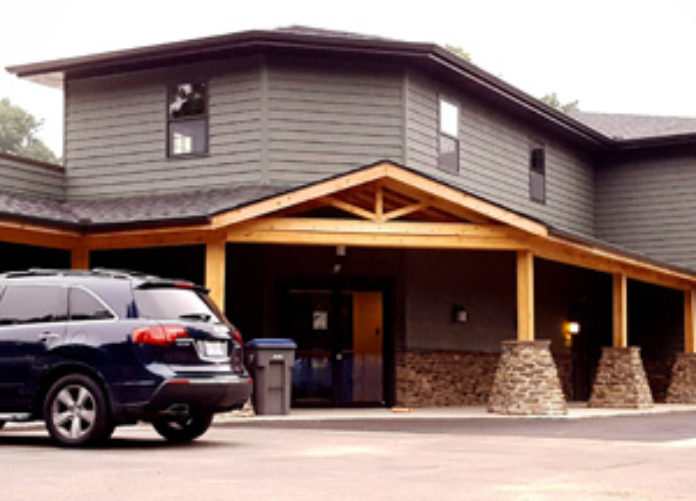WASHINGTON, D.C. – The U.S. Department of Housing and Urban Development Tuesday awarded $17.9 million to support 105 homeless housing and service programs in Indiana.
Locally, Kosciusko County Rapid Re-Housing received $76,535, according to a list provided by HUD. The Rapid Re-Housing program assists victims who have decided not to return to their abusive relationship in securing a permanent home. Rapid Re-Housing is operated through The Beaman Home and supported by The United Way of Kosciusko County.
The Continuum of Care grants provide critically needed housing and support service is to individuals and families experiencing homelessness across the state, according to a news release from HUD.
Information on The Beaman Home’s website at thebeamanhome.com states that Rapid Re-Housing is “an important piece to our services, and assists victims on their journey to survive on their own. It is an opportunity to provide financial aid and assistance to qualified domestic violence victims who wish to establish a stable home, free from abuse, for their family. Funded by the US Department of Housing and Urban Development, this program allows us to assist victimized families secure housing, limited rental assistance, and other basic necessities needed to set up a home. With the help of the program, many families who have come to Beaman Home in turmoil and crisis have successfully established a new, violence-free life.”
“Today marks another critical investment in support of those working each and every day to house and serve our most vulnerable neighbors,” HUD Secretary Julián Castro is quoted as saying in the news release from HUD. “We know how to end homelessness and will continue to encourage our local partners to use the latest evidence to achieve success. These grants support proven strategies to end homelessness once and for all.”
“This funding will continue to build upon existing efforts to end homelessness and support individuals, youth and families across Indiana when they need it most,” said HUD Midwest Regional Administrator, Antonio R. Riley. “It will go a long way put them on the path towards dignity and independence.”
This year, HUD continued to challenge state and local planners to support higher performing local programs that have proven most effective in meeting their local challenges, often shifting funds from existing projects to create new ones that will have a more substantial and lasting impact on reducing homelessness.
In 2010, President Obama and 19 federal agencies and offices that form the U.S. Interagency Council on Homelessness launched the nation’s first-ever comprehensive strategy to prevent and end homelessness. According to the release, “Opening Doors: Federal Strategic Plan to Prevent and End Homelessness puts the country on a path to end veterans and chronic homelessness as well as to end homelessness among children, family and youth.”
HUD estimates there were 549,928 persons experiencing homelessness on a single night in 2016. Since 2010, local communities around the country reported a 14 percent decline in the number of persons experiencing homelessness. In addition, veteran homelessness fell by 47 percent, chronic homelessness declined 27 percent and family homelessness fell by nearly 23 percent.
Across the nation, local homelessness planning agencies called “Continuums of Care” will organize volunteers to help count the number of persons located in emergency shelters, transitional housing programs and living unsheltered on the streets. These Continuums of Care will report one-night “point-in-time counts” later in the year and will form the basis of HUD’s 2017 national homeless estimate.





